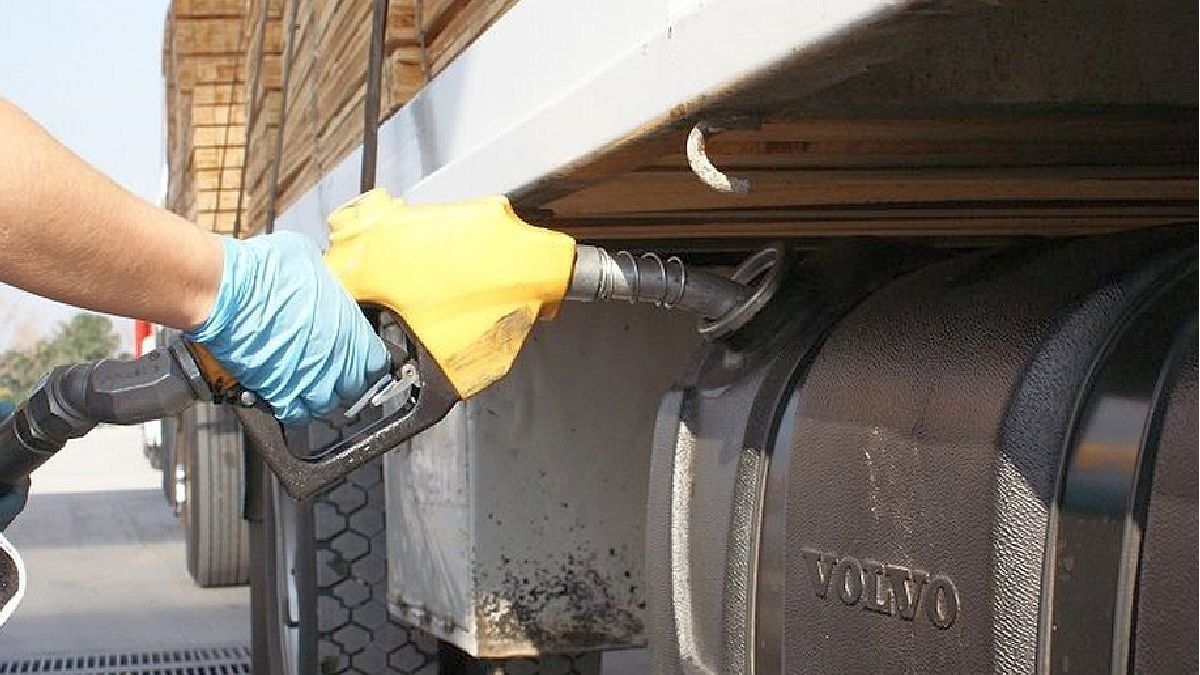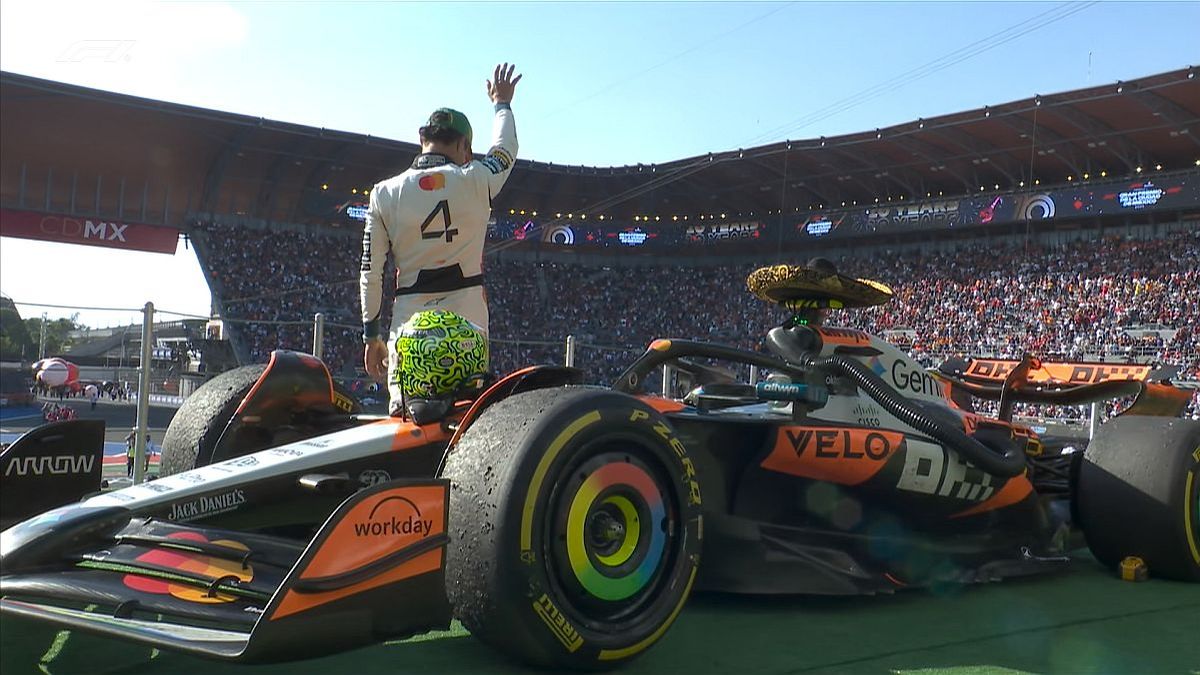Through a query sent to the 44 Transportation Chambers that FADEEAC brings together, associates were asked to report the price paid per liter of ultra diesel or similar (known as grade 2 diesel, a type of fuel used by more than 80% of companies ). From the collection of these data, the minimum and maximum reported purchase value was selected for each province.
GASOIL PRICE MAP FADEEAC.jpeg
Diesel: what is the price per liter in each province.
FADEEAC
From there it follows that while in 6 districts of the country the price per liter exceeded 250 pesos (Formosa, Tucumán, Santiago del Estero, Santa Fe, Corrientes and Córdoba), in two (Chubut and Santa Cruz), the maximum value requested per liter was $140; and in the Autonomous City of Buenos Aires, $150.
One of the factors that influences the difference in costs is related to the complex tax framework of Argentina. The power of the three levels of government (national, provincial and municipal) to apply various taxes on fuel is one of the factors that feeds the structural differences in the final cost of a liter of fuel.
“The consequences derived from the lack of official responses and the absence of policies is the worst of all worlds, since they produce shortages and fuel load quotas -of 50 liters or less in some cases-, together with very high prices and divergent between provinces and localities. The lack of productivity and the disorders caused by this situation are more than evident. We insist that dialogue is the way to find solutions, but for that we need interlocutors. We reiterate to the Government our will to find a way out, as well as the request that they summon us”said Roberto Guarnieri, president of FADEEAC.
The Energy specialists who make up the Technical and Road Infrastructure Department of FADEEAC explained that “Argentina presents great dissociations in the fuel storage and transportation infrastructure, which defines a North that is more expensive in prices, and a South that receives subsidies to achieve its competitiveness. In a large country, the divergence in fuel prices is part of the original problem”.
The experts added that “the current context of shortages of diesel arises from energy policies with serious design problems at their origin” and warned that “the situation is one of such extreme anarchy that even when prices converge to infinite values, the supply It would not be normalized without a coordination established and elaborated in Work Tables that bring together oil tankers, carriers and government authorities.”
In April, FADEEAC began to carry out a weekly consultation among its associates to survey access to fuel, possible restrictions or shortages, and its price in the face of repeated complaints of heterogeneity according to geographical area. Based on the responses of truck drivers and owners from some of the 4,500 SMEs that make up the 44 Transport Chambers grouped in the Federation, a “virtual traffic light” was created to monitor fuel availability in Argentina in real time.
According to the latest report, between June 5 and 15, there were 19 districts that suffered varying degrees of difficulty in accessing diesel.
“Many win in this process, but their economic gain does not derive from competing and producing, but from taking advantage of the situation of need of the carriers”Guarnieri concluded.
Source: Ambito
David William is a talented author who has made a name for himself in the world of writing. He is a professional author who writes on a wide range of topics, from general interest to opinion news. David is currently working as a writer at 24 hours worlds where he brings his unique perspective and in-depth research to his articles, making them both informative and engaging.




